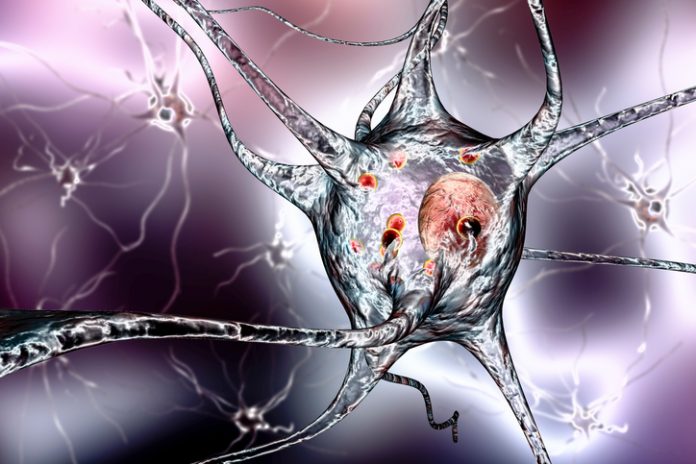
The application of artificial intelligence (AI) to the language used in research papers has revealed a lipid-lowering drug that could have value in Parkinson’s disease.
The findings demonstrate how natural language processing can evaluate “semantic similarity” between research articles to identify novel applications for existing therapies that have hitherto remained undiscovered.
The system revealed a potential new use for probucol, which was originally used to treat hypercholesterolemia before the advent of statins and is still used in some countries such as China and Japan.
Its potential application for Parkinson’s relates to the way it enhances a process by which damaged mitochondria can be cleared from the cell, the team explains in the journal PLOS Biology.
An inability to dispose of these cellular powerhouses through the process of mitophagy is believed to be an important step along the pathway to Parkinson’s disease.
Senior researcher Angus McQuibban, from the University of Toronto, said it seemed likely that probucol enhanced mitophagy through the mobilization of lipid droplets.
“Targeting this mechanism may be advantageous,” he suggested.
Clearing damaged mitochondria through mitophagy is important for the survival of dopaminergic neurons, whose loss is responsible for the classical motor symptoms of Parkinson disease.
While current treatment options deal with symptoms of the disease, they fail to disrupt its progression.
In the search for disease-modifying treatments, the researchers deployed the AI technology IBM Watson for Drug Discovery to identify previously uncharacterized mitophagy enhancers.
The team screened a candidate list of 3231 molecules from the DrugBank database for semantic similarity in literature to seven known mitophagy enhancers.
The top 79 candidates were screened in cell culture against a mitochondrial poison, and the three top candidates from this were tested on several other mitophagy assays.
This identified probucol as having the best combination of effectiveness and likely safety. Probucol improved motor function, survival, and neuron loss in two different animal models of Parkinson’s disease.
The drug is known to target ATP binding cassette transporter (ABC)A1, a protein involved in lipid transport, and reducing ABCA1 levels reduced the ability of probucol to promote mitophagy, indicating that ABCA1 was a likely mediator in this.
The researchers note that the role of ABCA1 in mitophagy, through its impact on lipid droplet dynamics, is a potentially newfound role for the protein.
They add that many of the drugs examined had already been safely administered to humans.
“Repurposing drugs from other indications offers the opportunity to accelerate the clinical trials pipeline, given the presence of preexisting pharmacological and toxicological information about candidate compounds,” the team says.













